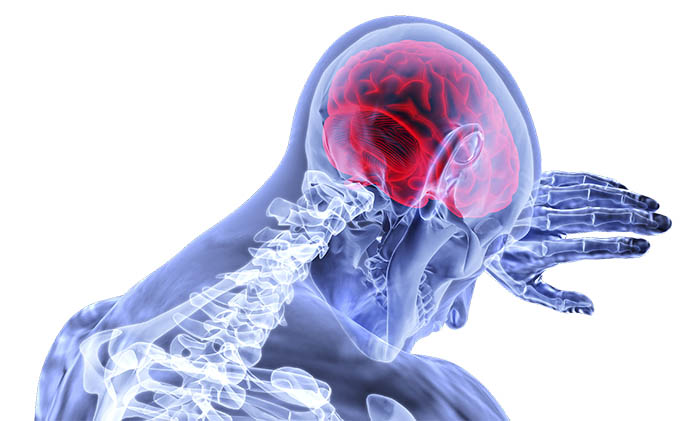
Students Create VR Software to Diagnose, Monitor Concussions
A group of Mizzou Engineering seniors are developing an innovative way to determine the severity of concussions. For their computer science capstone project, the students are designing software that would work with virtual reality goggles to allow users to diagnose and monitor head injuries.
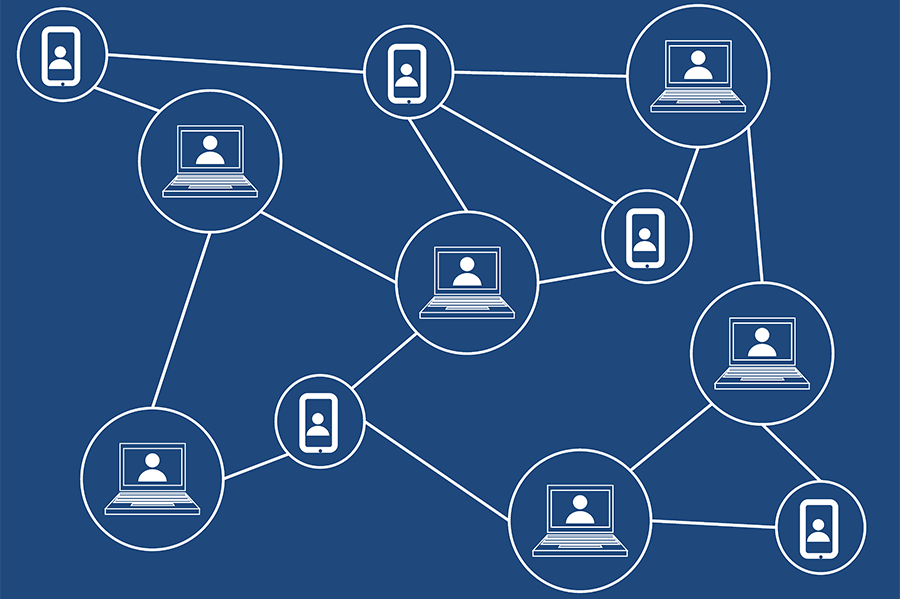
Mizzou Engineer Part of Global Team Investigating Blockchain Technologies
Mizzou Engineers are part of a new global team investigating how blockchain technology could revolutionize the insurance industry. Blockchain is an advanced data-sharing system that allows multiple parties to view and manage information in real time. It’s promising technology for the insurance sector—especially when it comes to the complex claims process—however, it is still in early development.
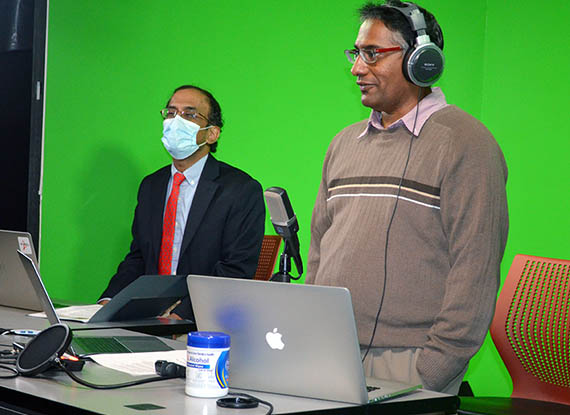
Mizzou Engineering Hosts Virtual AIPR Conference
Mizzou Engineering hosted the 49th annual Applied Imagery Pattern Recognition (AIPR) conference last week, proving that a virtual event can be just as robust as meeting in person.
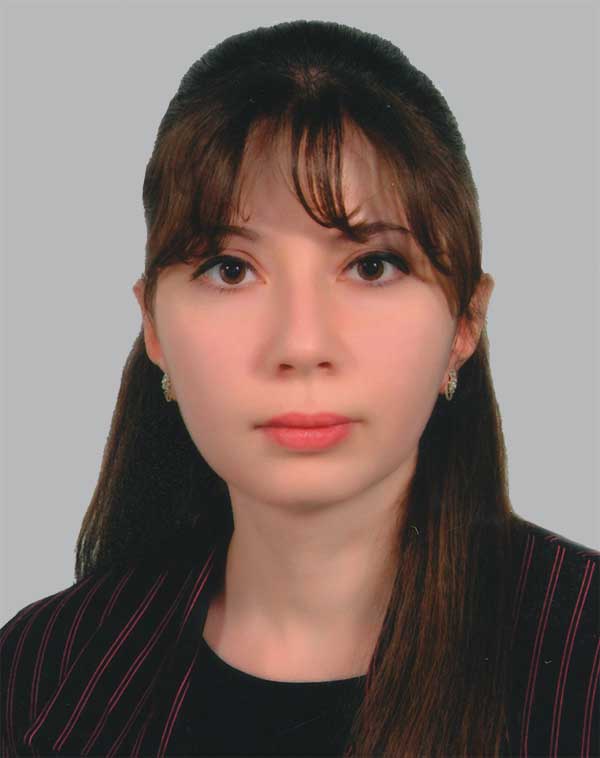
Gargees on Mission to Boost Number of Women in Computer Science
Computer science is rapidly growing as technology becomes more pervasive in our homes and lives. However, the number of women in computer science programs in the U.S. has dropped since 2000. Mizzou Engineering’s Rasha Gargees is on a mission to change that.
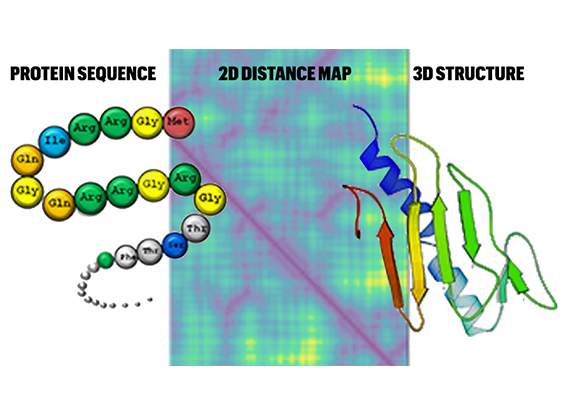
Cheng Receives $1.37M NIH Grant to Predict Protein Structures
Knowing the three-dimensional structure of proteins—such as the shape of the spike-like protein that injects coronavirus into our cells—can help us treat illnesses. That’s one reason why predicting protein structures remains one of the world’s highest health priorities. Mizzou Engineering Jianlin Cheng has been working on protein prediction methods for more than a decade.

Mizzou Cyber Range to Focus on Cyber Pretense Strategies
Hackers are getting smarter about ways to steal sensitive information from the cloud. Now, a new “Mizzou Cyber Range” will train the next generation of cybersecurity professionals to fight back using cyber pretense strategies. Armed with new grant funding from the National Security Agency, Prasad Calyam and his team are building the Mizzou Cyber Range through the MU Center for Cyber Education, Research and Infrastructure.

Senior Health Data Sensors Now Available to Private Homes
When a Mizzou Engineer began using sensors to track senior health data in assisted living facilities more than a decade ago, the goal was to someday take that technology into private homes. COVID-19 is forcing that someday to be today.
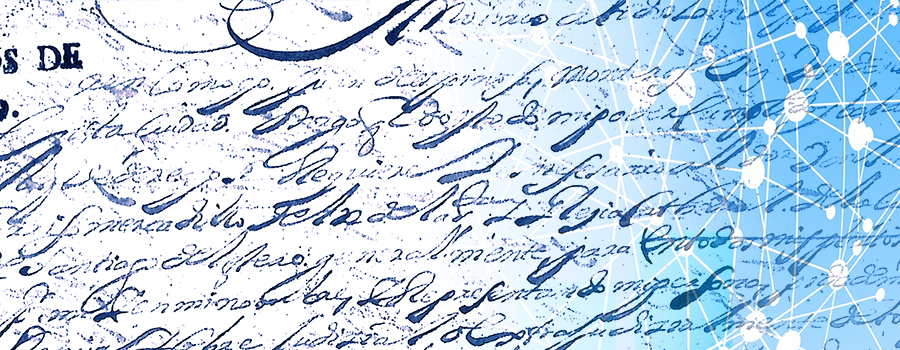
Mizzou Engineer Using Machine Learning to Translate Historical Script
What do you do with 200,000 handwritten historical records nobody can read? Call an engineer. That’s what Viviana Grieco did when she needed help decoding a collection of 17th Century notary records from Argentina. Now, she and Praveen Rao, an associate professor of electrical engineering and computer science and health management and informatics at Mizzou, are using machine learning to translate these texts.
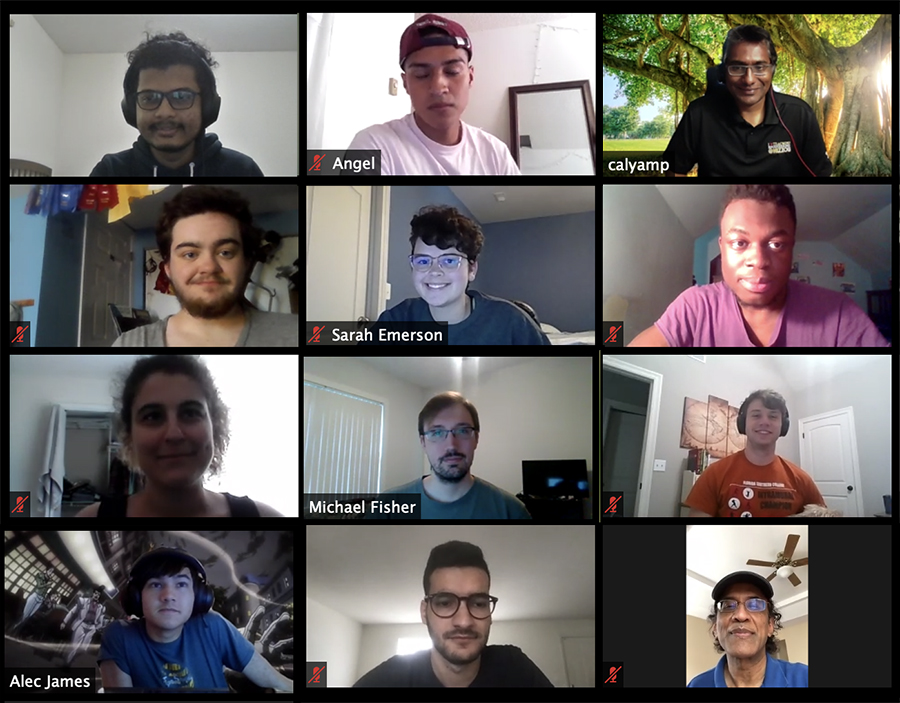
Undergraduates Conduct Research Through Mizzou REU
They analyzed data from medical records. Studied the impact of virtual learning environments. And came up with ways to better detect fake videos. In the end, participants of this year’s Research Experiences for Undergraduates (REU) program at Mizzou Engineering gained a deeper appreciation of research and how it applies to everyday life
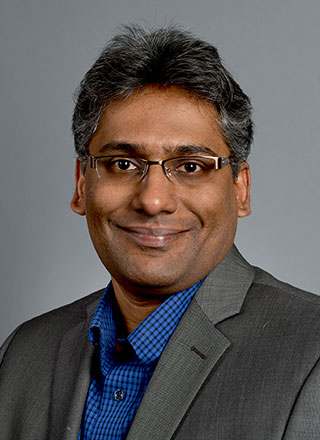
NSF Project to Advance Edge Computing
Edge computing has the potential to make our computers and devices run smarter and faster. Right now, though, the technology is in its infancy and not ready for prime time.